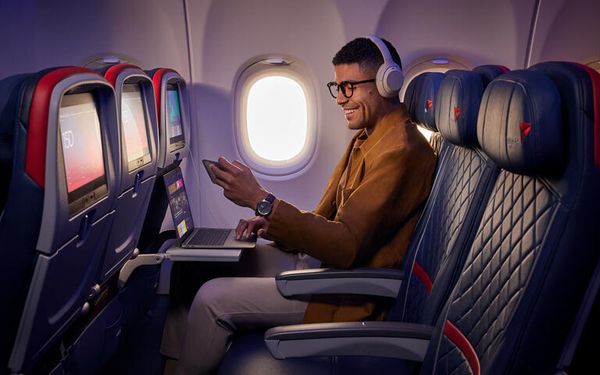Managing Travel Expenses: A Guide to Smarter Journeys
Unlock the secrets to smarter travel with our guide on managing expenses! Discover tips to keep your adventures budget-f...

Travel is often one of life’s greatest joys. Exploring new places, trying unfamiliar foods, and meeting different cultures creates memories that stay with us forever. Yet, behind the excitement, there’s a practical side that many travelers struggle with: managing money. Whether it’s a short city break or a long-term adventure, the cost of flights, accommodation, and daily living can quickly spiral out of control if not carefully planned.
For many, the biggest challenge is balancing the dream of travel with the financial responsibilities waiting back home. Mortgage payments, utility bills, and credit card balances don’t take a vacation just because you do. That’s why it’s essential to think carefully about your travel budget, your long-term commitments, and how best to keep your finances in order while you’re away.
The Rising Cost of Travel
Over the last decade, travel costs have risen in nearly every category. Airfares fluctuate due to fuel prices and demand, hotels adjust rates seasonally, and even local transport costs can catch travelers by surprise.
Beyond that, exchange rates have a big influence on how affordable a trip feels. A weak home currency means each purchase abroad can feel significantly more expensive.
For example, a traveler heading from the UK to the Eurozone in 2015 would have found meals, trains, and attractions far more affordable compared to someone making the same trip in recent years, when the pound has often been weaker. This is a reminder that planning a budget isn’t only about counting your current cash but also about preparing for external factors you can’t control.
You May Also Like
More expert travel guides and tips



